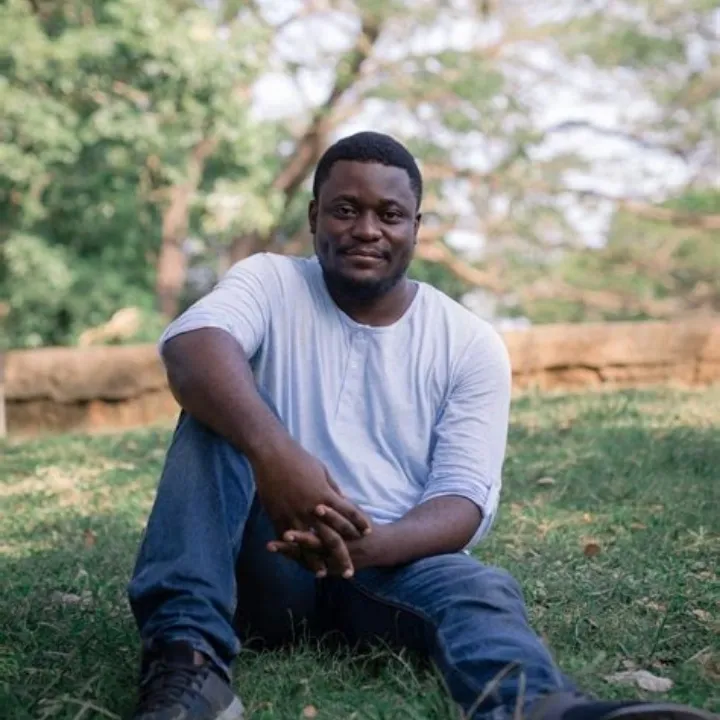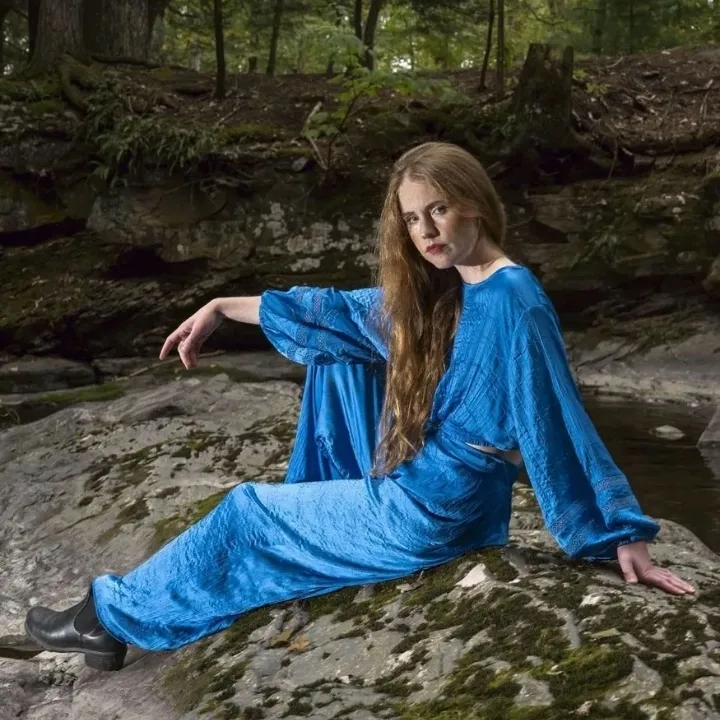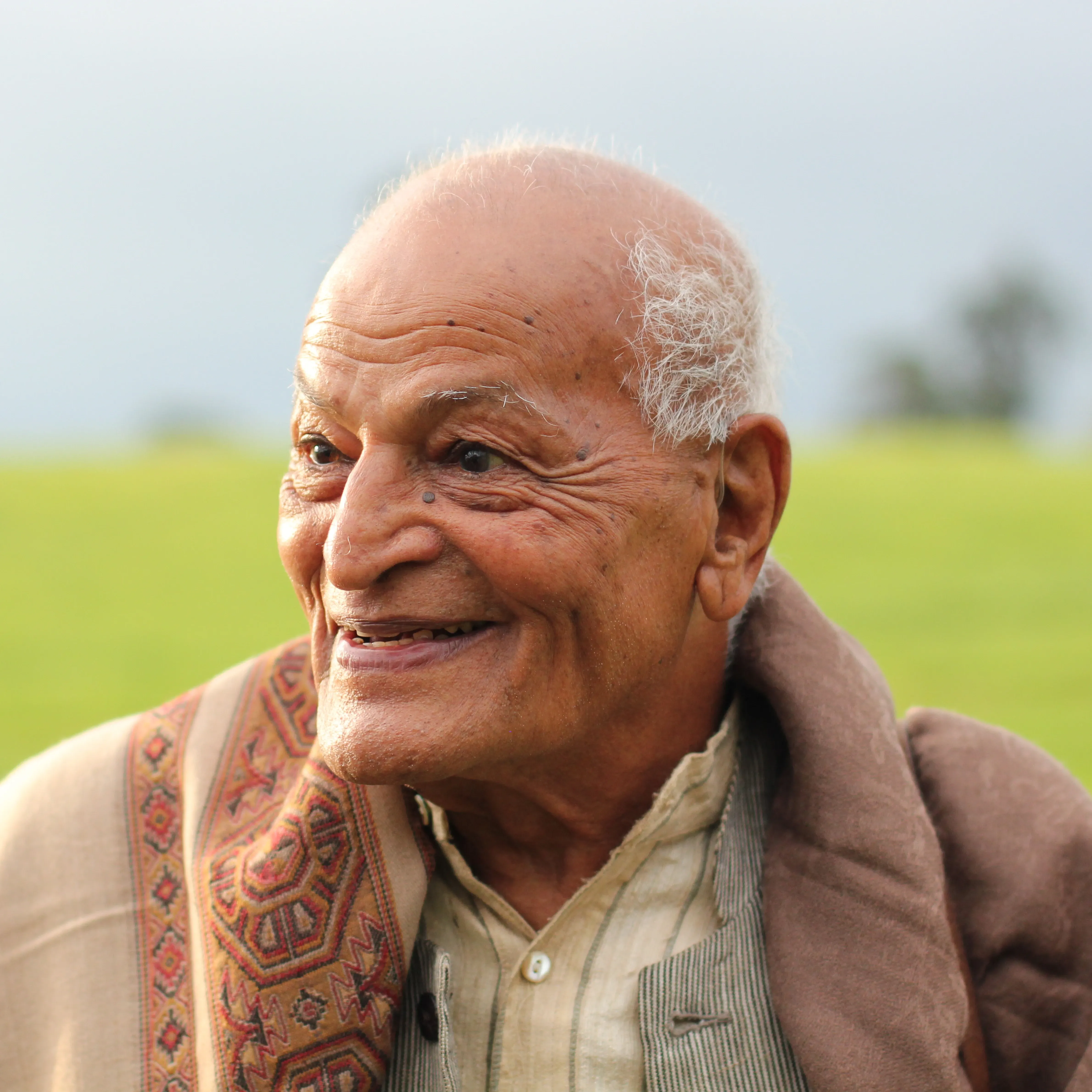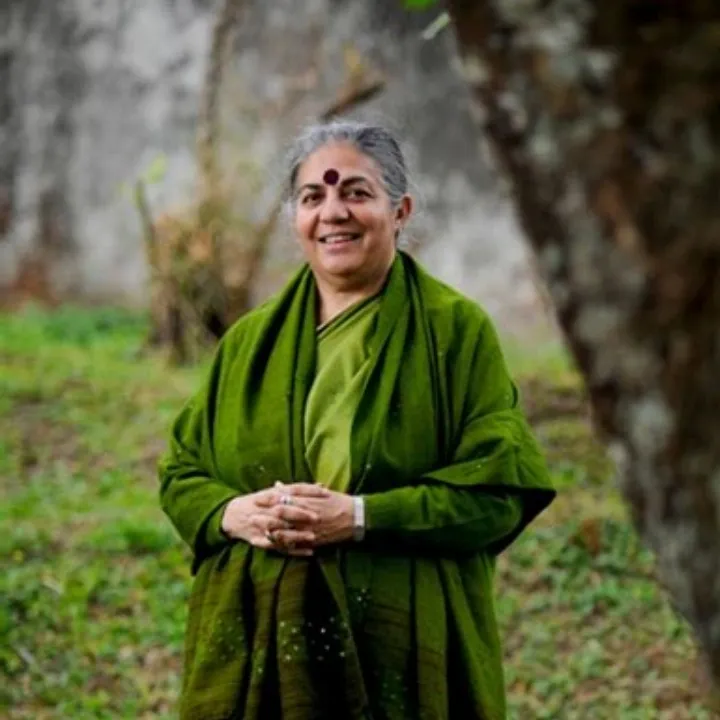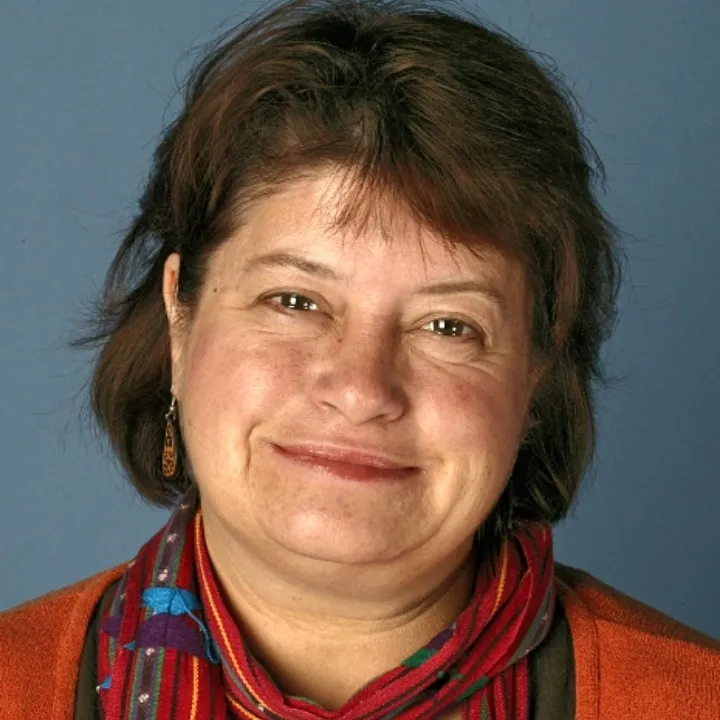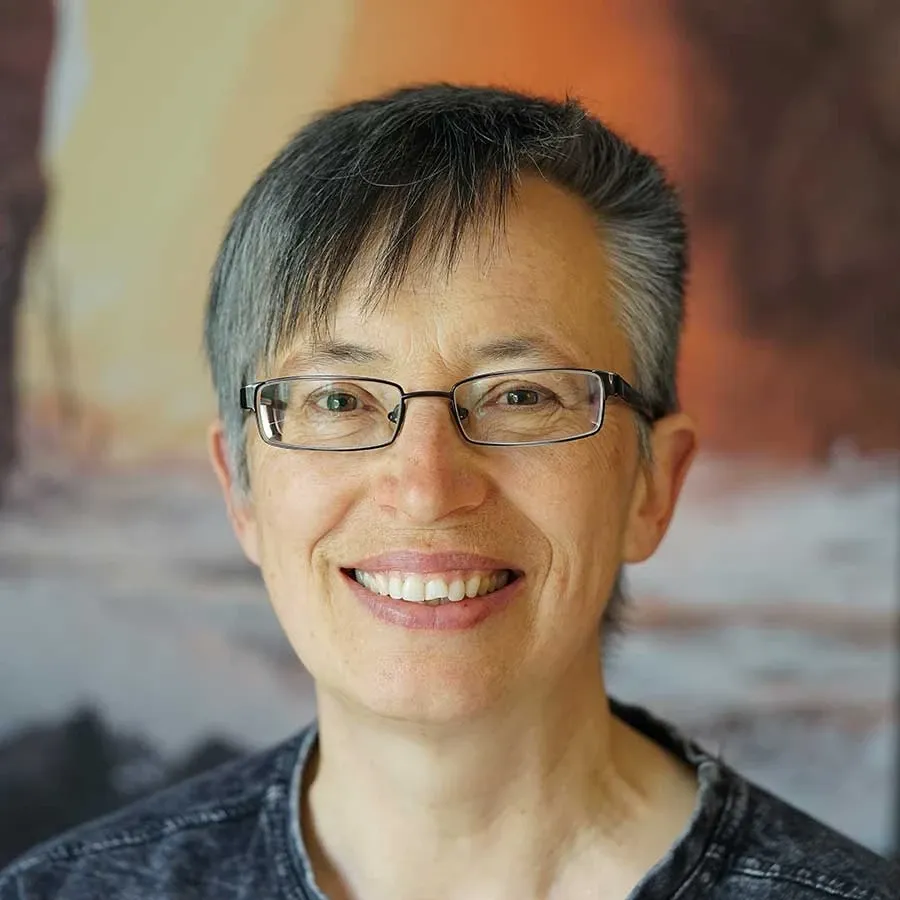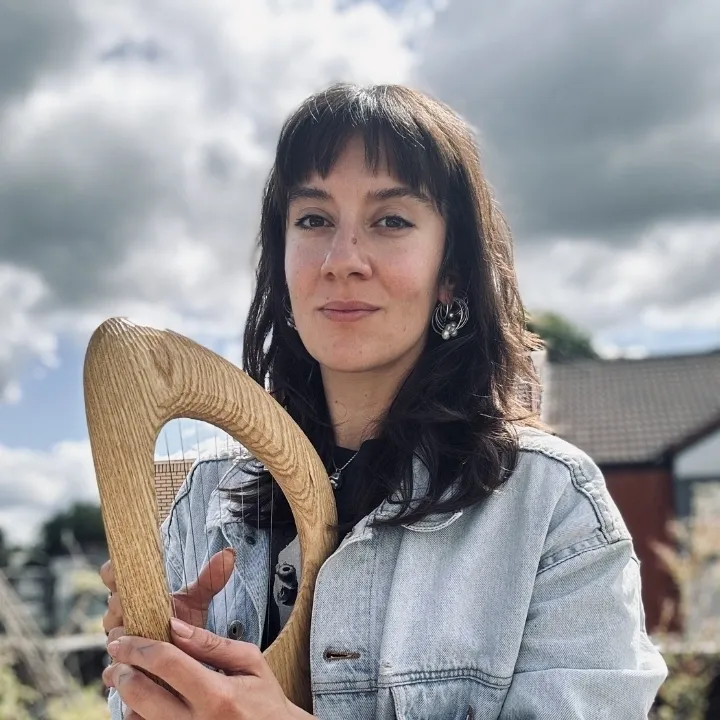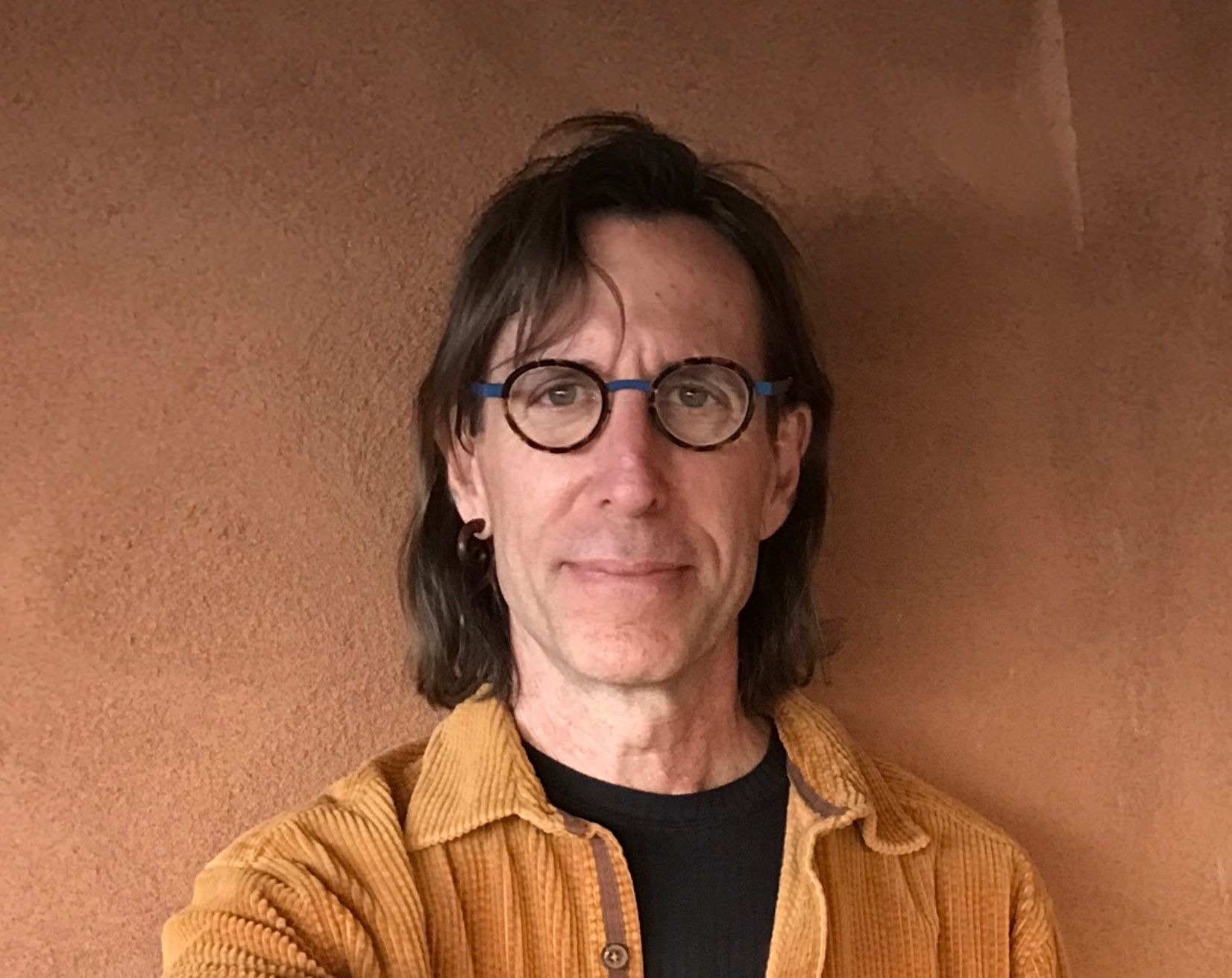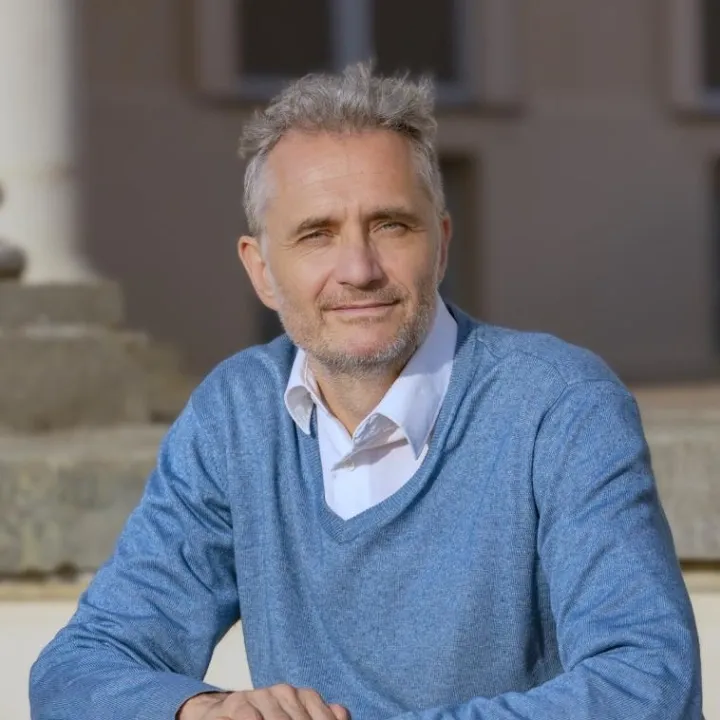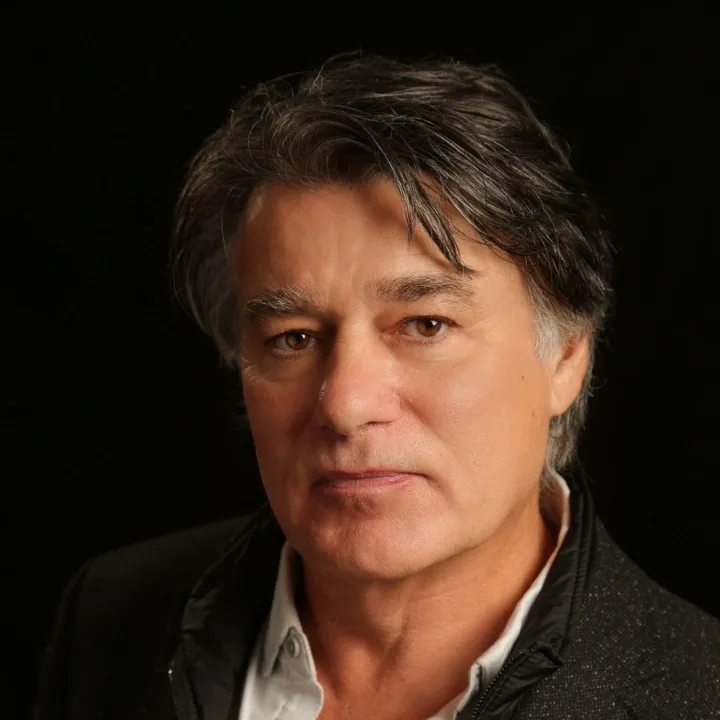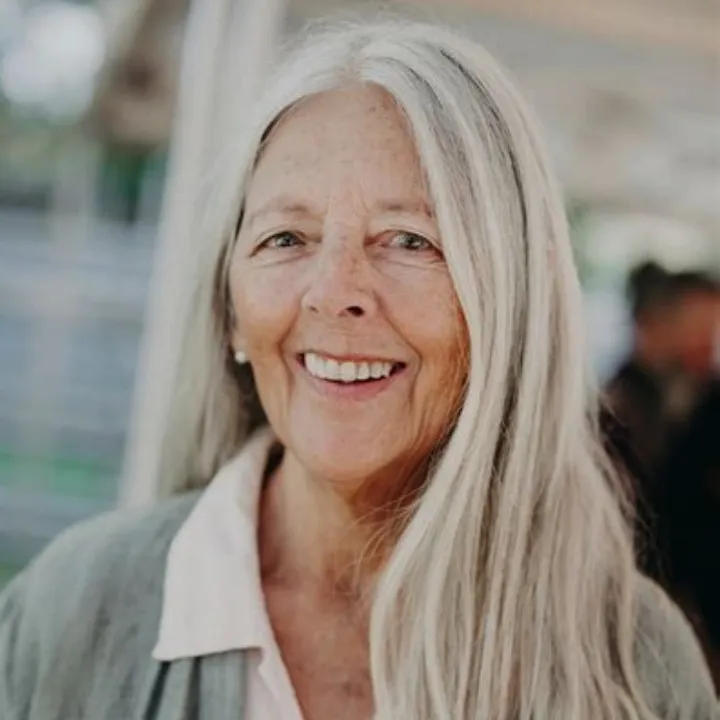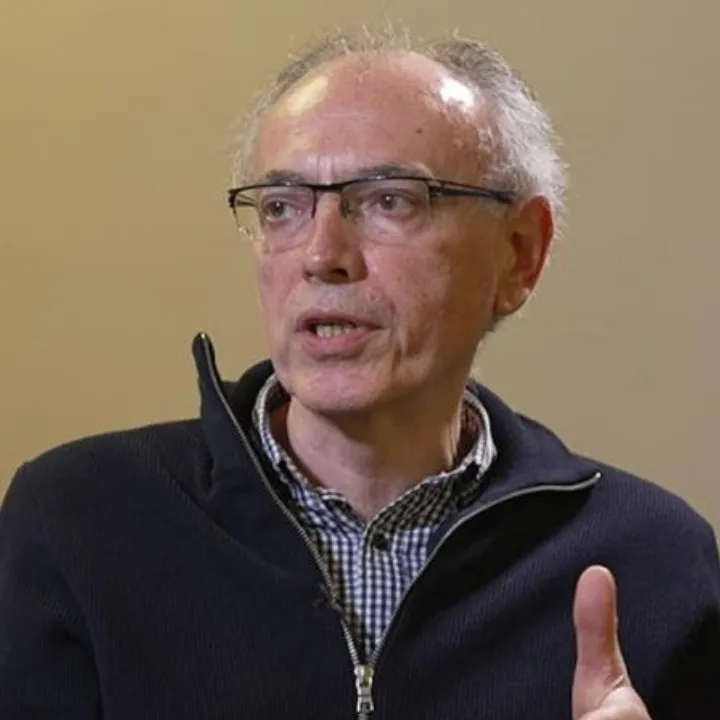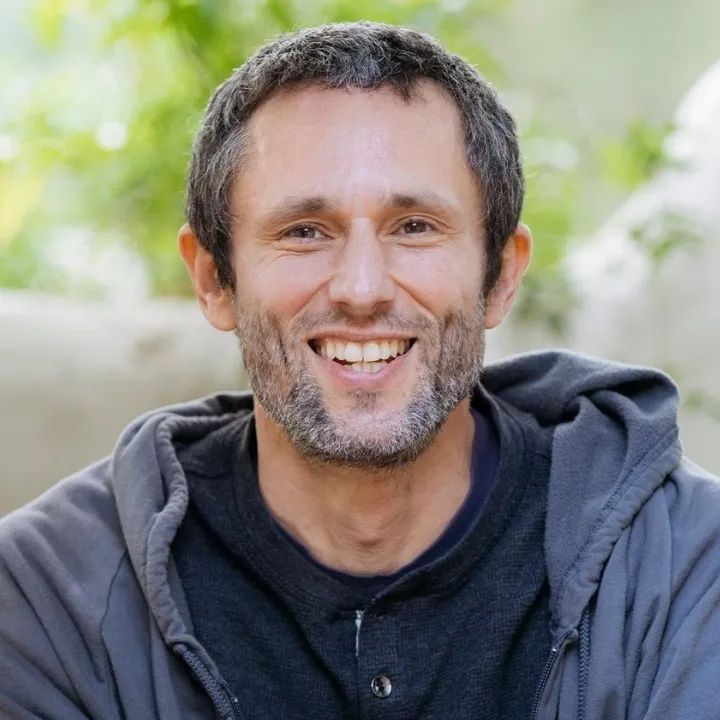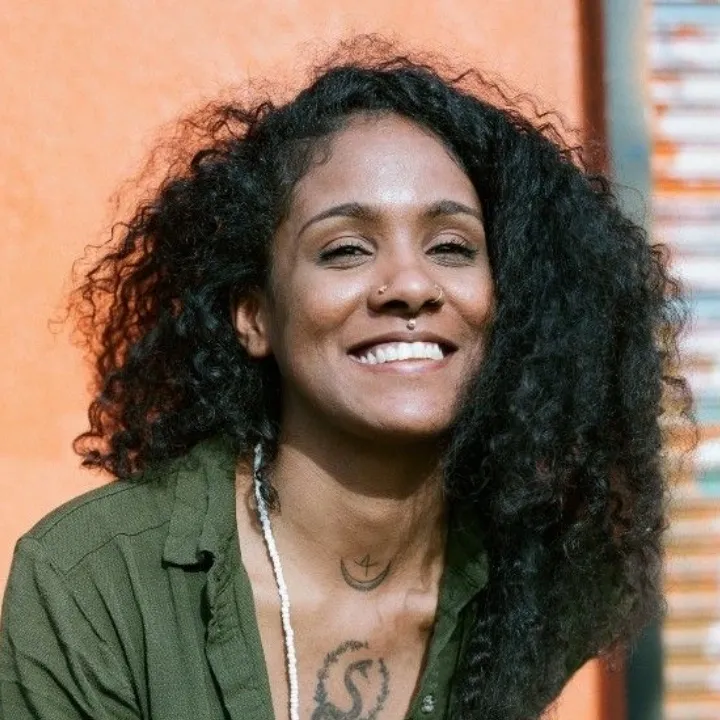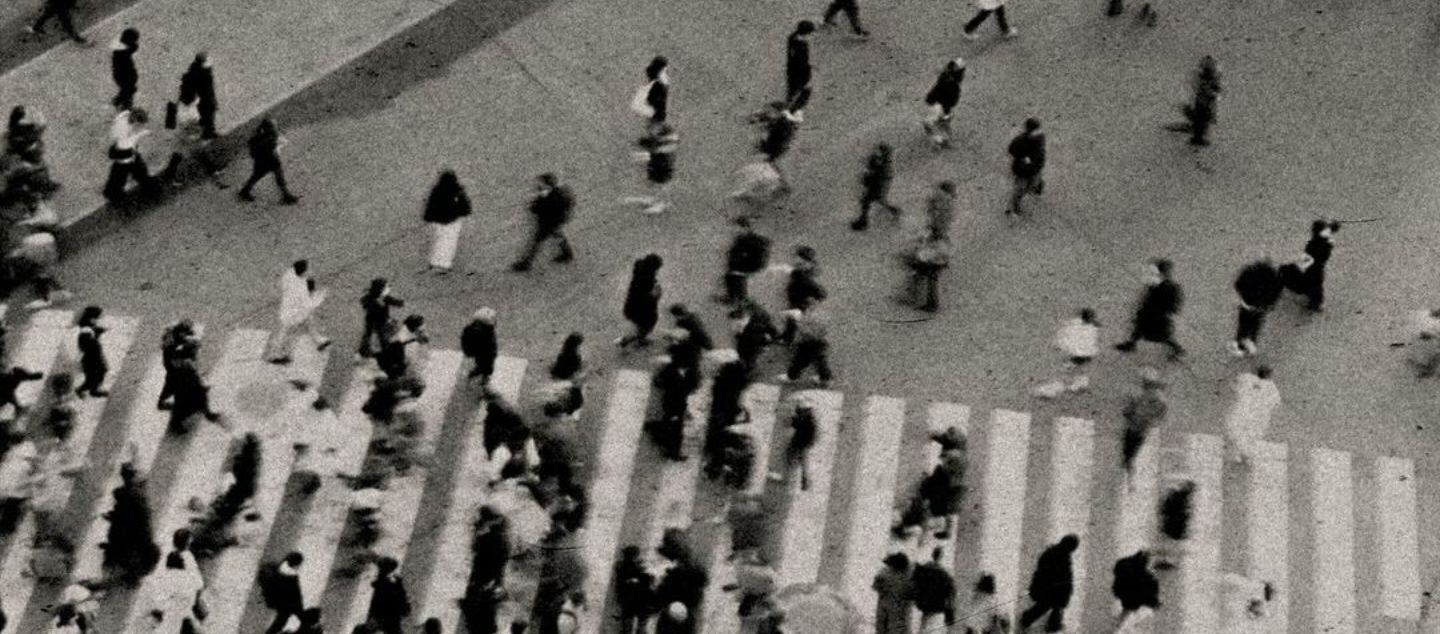FacultyMeet advaya’s teachers
Advaya’s global faculty blends science, practice, and story bringing localised, multidimensional wisdom to a shared learning space.
Bayo Akomolafe
Bayo Akomolafe (Ph.D.), rooted with the Yoruba people in a more-than-human world, is the father to Alethea Aanya and Kyah Jayden Abayomi, the grateful life-partner to EJ, son and brother.
Bayo Akomolafe (Ph.D.), rooted with the Yoruba people in a more-than-human world, is the father to Alethea Aanya and Kyah Jayden Abayomi, the grateful life-partner to EJ, son and brother. A widely celebrated international speaker, posthumanist thinker, poet, teacher, self-styled ‘trans-public’ intellectual, essayist, and author of two books, These Wilds Beyond our Fences: Letters to My Daughter on Humanity’s Search for Home (North Atlantic Books) and We Will Tell our Own Story: The Lions of Africa Speak (along with Professors Molefi Kete Asante and Augustine Nwoye), Bayo Akomolafe is the visionary founder of The Emergence Network, a planet-wide networking project and inquiry at the edges of the Anthropocene that seeks to convene new kinds of responsivities, sensuous solidarities, and experimental practices for a posthumanist parapolitics. He is host of the postactivist course/festival/event, ‘We Will Dance with Mountains’ and curator of Dancing with Mountains, the educational consultation. He currently lectures at Pacifica Graduate Institute, California – and, in November 2024, was appointed the Hubert Humphrey Distinguished Professor of American Studies at Macalester College, USA (beginning Fall 2025). He sits on the Board of many organizations.
In July 2022, Dr. Akomolafe was appointed the inaugural Global Senior Fellow of University of California’s (Berkeley) Othering and Belonging Institute. He is also the inaugural W. E. B. Du Bois Scholar in Residence for Trans-public Intellectualism at the Schumacher Centre for a New Economics, the Inaugural Scholar in Residence for the Aspen Institute, the inaugural Special Fellow for the Council of an Uncertain Human Future, as well as Visiting Scholar to Clark University, Massachusetts, USA (2024). He has been Fellow for The New Institute in Hamburg, Germany, Visiting Critic-in-Residence for the Otis College of Art and Design, Los Angeles (2023), and 2025 Hildegarde and Elbert Baker Visiting Scholar in the Humanities to Case Western Reserve University, Ohio, and an Expert Consultant for the Futures Literacy section at the UNESCO headquarters, Paris. He was named Centenary Philosopher (Scots Philosophical Association) by the University of Dundee in March 2024, and has been appointed the inaugural Distinguished Philosopher-in-Residence at the J. Randle Centre for Yoruba Culture and History in Lagos, Nigeria (2025). Dr. Akomolafe graduated summa cum laude in Psychology from Covenant University (Nigeria) in 2006, becoming the first to complete his undergraduate studies with first class honours from the College of Human Development. He has a Ph.D. in Clinical Psychology from Covenant University in Nigeria (2014). He is the recipient of an Honorary Doctorate from the California Institute of Integral Studies (2023) and has been Commencement Speaker at two universities convocation events (https://www.youtube.com/watch?v=U0teyqf0AAg / https://www.youtube.com/watch?v=Lh2QmobEMFg).
He is also the recipient of the New Thought Leadership Award 2021 and the Excellence in Ethnocultural Psychotherapy Award by the African Mental Health Summit 2022. In a ceremony in July 2023, the City of Portland (Maine, USA) awarded Dr. Akomolafe with the symbolic ‘Key to the City’ in recognition of his planet-wide work and achievements. A frequent keynote speaker and guest lecturer, Dr. Akomolafe has been taught, and has been a guest, at Harvard University (USA), Simon Fraser University (Vancouver, Canada), Schumacher College (Totnes, England), Swaraj University (India), Middlebury College (Vermont), Sonoma State University (CA, USA), Duke University (North Carolina, USA), Massachusetts Institute of Technology (USA), University of Massachusetts Amherst (USA), Massachusetts College of Liberal Arts (USA), Case Western Reserve University (Cleveland, Ohio, USA), Tufts University (Boston, USA), the University of Turin (Turin, Italy), among others. Central to Dr. Akomolafe’s explorations is his critically popular expression, “the times are urgent, let us slow down”, with which he attempts to frame new concepts (such as ontofugitivity, the Afrocene, iatropolitics, curapoiesis, white syncopation, ecocognitive assemblage theory, cybomarronage, postactivism and parapolitics) that reframe and renaturalize human action, agency, and responsibility in an immanent, agonistic worlding of possibilities for life-death. Drawing inspiration from Edouard Glissant, Gilles Deleuze, Gregory Bateson, Maurice Blanchot, Octavia Butler, Fernand Deligny, Chinua Achebe, and the still-ongoing adventures of the Yoruba monster-trickster and crossroads figure, Èsù, Bayo seeks to organize an always creolizing planetary, para-political process of the carnivalesque that is alive to minor gestures, open to sensorial mutiny and ontological apostasy, and committed to the formulation of new modes of encountering a more-than- human planet. Dr. Bayo Akomolafe’s work is widely published, cited, and – much to his delight – very often transmuted into song, lyrics, theatrical performances, poetry, paintings, public installations, and even a publicly accessible, quirky bench from reclaimed wood in Detroit, Michigan. He has appeared on innumerable podcasts, radio interviews, and television programs (most notably being the focus of a lengthy interview and secondary segments exploring his thought on Swiss public television, SRF); and, he has been featured in several film documentaries including the award-winning ‘Regenerar: Possible Paths on a Damaged Planet’ (2022), ‘Where We Find Ourselves’ by Darren Bender (2025), ‘Closer to Home: Voices of Hope in a Time of Crisis’ (2024), and ‘Three Black Men’ (2025), in which Bayo travels around the world in the company of two other Black public intellectuals and leaders to enunciate an end- time emancipatory vocation of blackness during perilous times. A feature documentary focused entirely on Dr. Bayo Akomolafe’s work, life, and thought is being developed, called ‘The Times are Urgent, Let Us Slow Down’. Dr. Akomolafe is a Member of the Club of Rome and an Ambassador for the Wellbeing Economy Alliance. He is currently writing is third book, ‘An Ocean of Milk: Morality, Desire, and the Monster at the Edge of the World’.
www.bayoakomolafe.net
www.dancingwithmountains.com
www.emergencenetwork.org
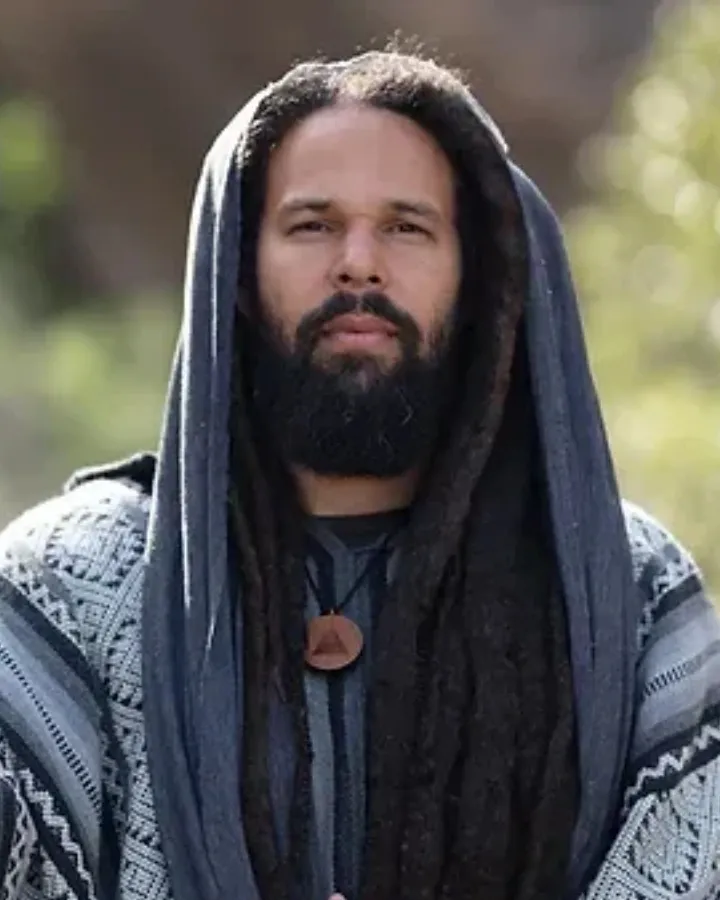
course
Re-storying Masculinity
Explore empowering narratives that redefine healthy and connected expressions of masculine identity.
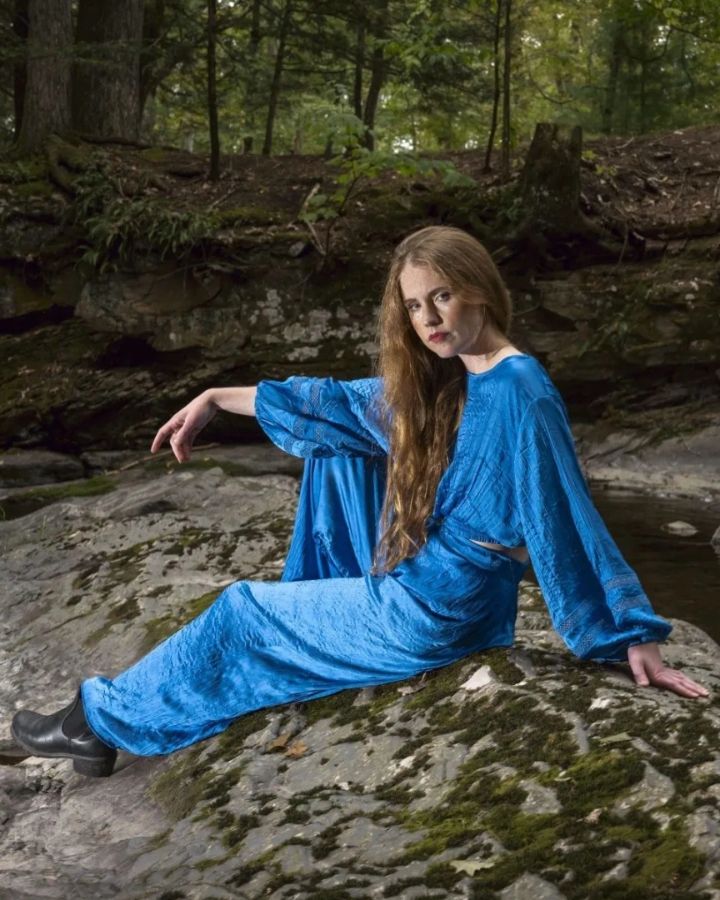
course
Rewilding Mythology
Reawaken ancient myths and their transformative power to reconnect humanity with nature, culture, and collective wisdom for modern times.
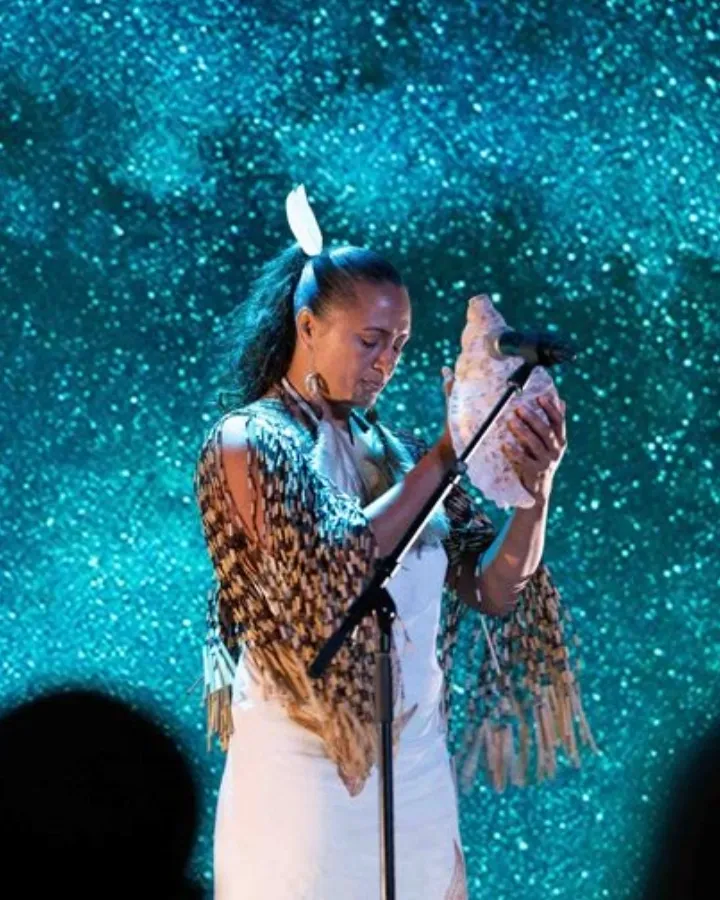
course
Wisdoms of Water
Unique course where global experts explore water through spiritual, scientific, historical and mythological lenses, revealing its profound significance and transformative power.
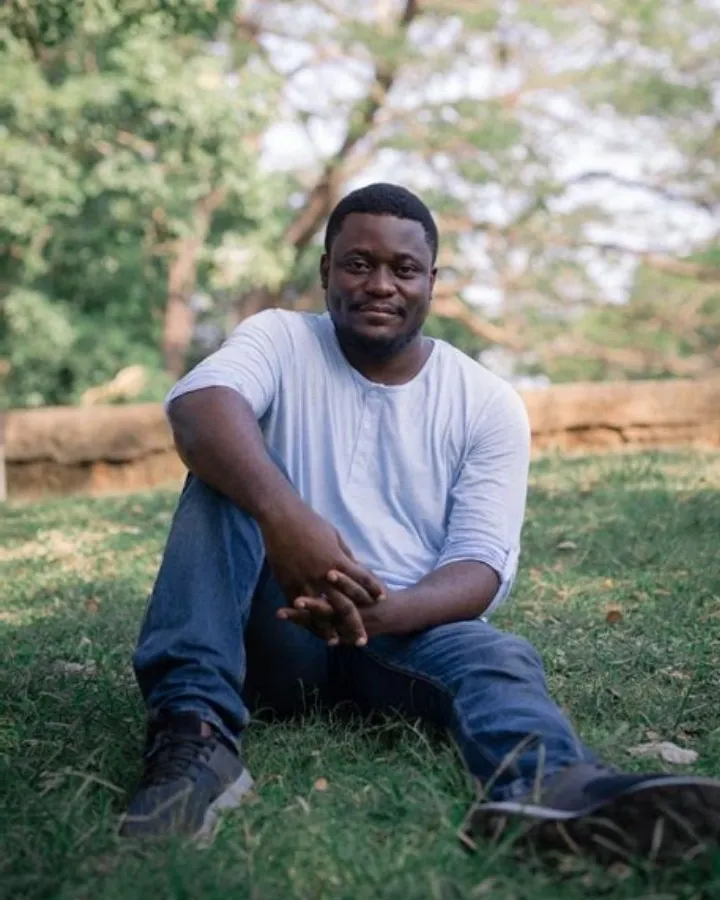
course
Kinship: Being Together
Explore the vital role of community, fostering deep kinship and shared experiences that create a foundation for collective well-being and connection.
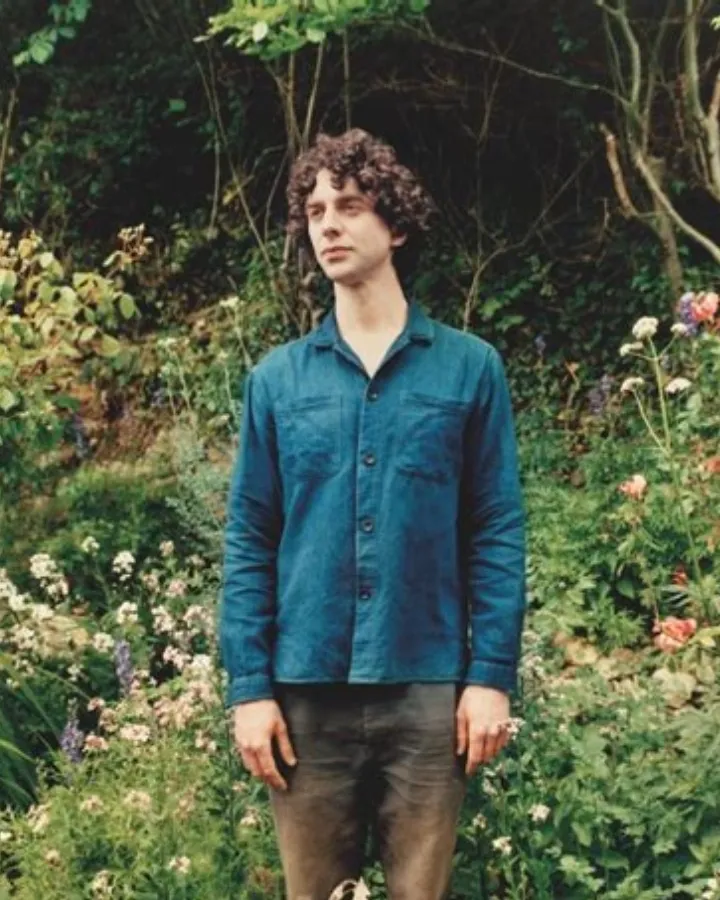
course
Foundation Course
Embark on a spiritual homecoming, reconnecting with your cultural roots, inner wisdom, and the deep sense of belonging to the earth and all beings.
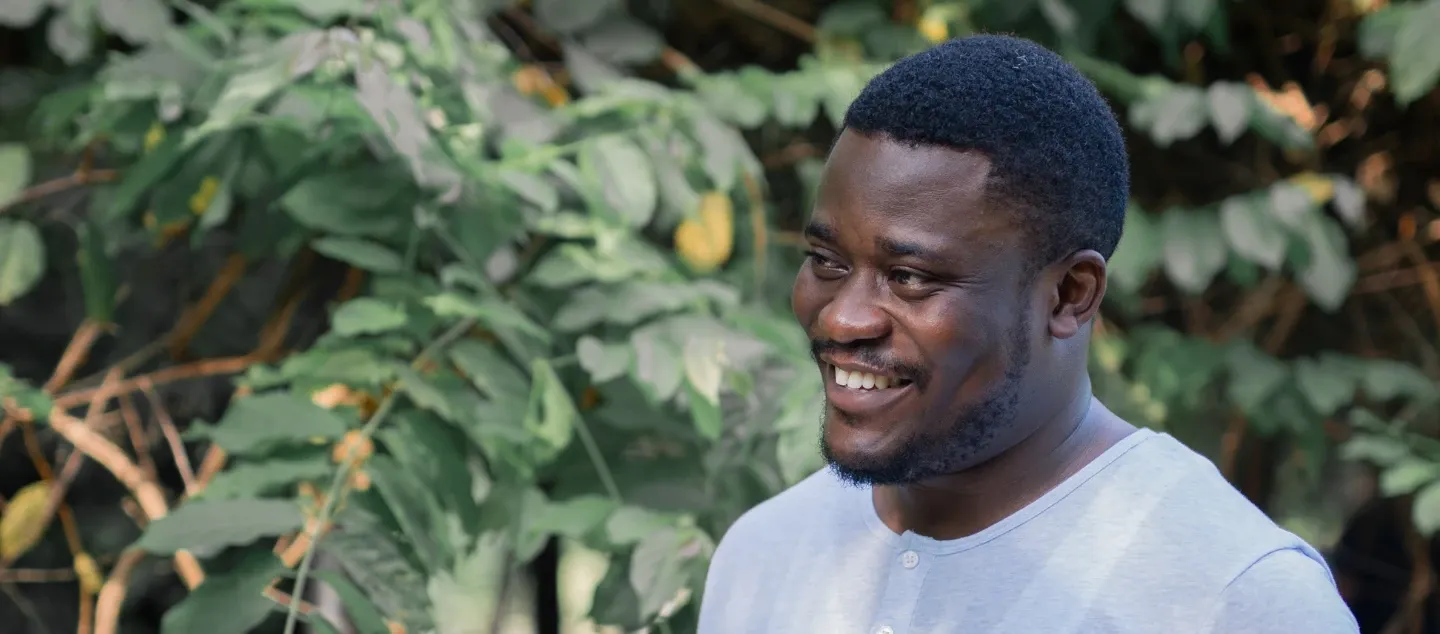
film
Meeting our monsters: what lies at the heart of patriarchy?
What lies at the heart of patriarchy? Looking to potential solutions, we ask: how can addressing the Mother Wound allow men to (re)establish a profound sense of connection to this earth, and to others, that they are deeply, and naturally longing for? Continuing on from the previous module, we’ll connect the dots through the psychological and mythic roots of patriarchy, to explain the ongoing, destructive drive for masculine domination. We invite a look within towards internal narratives that shape behaviour and thus, culture. We will also look outwards, through the mythopoetic lens, illuminating ancient stories and revising cultural myths, exploring the stories the patriarchy has coopted and constructed.

film
Being & Becoming Kin
The end is near and we are asking, what next? How can we practise kinship in our own lives? How might we be able to help our communities, and those we don't belong to? We will look at how we can reconceive kinship in the context of modernity. After all these discussions and explorations, how have our notions of kinship blossomed? What can we embody going forward?
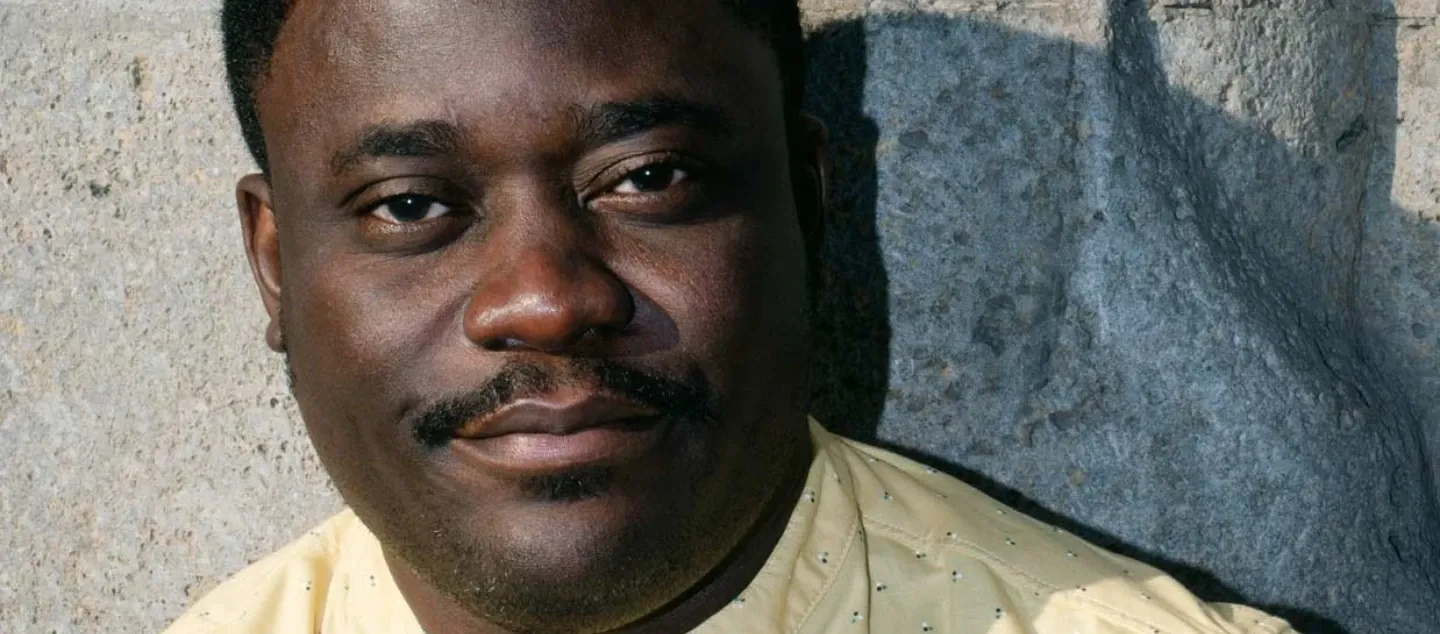
film
Rerooting Yeshua as a magician storyteller (extended cut)
Uprooted from the Galilean ecology from which he drew his nature metaphors and translated into the language of his oppressors, the teachings of Jesus have easily lapsed into dogma. How does a storytelling magician get coopted by imperialism and patriarchy? Let us replant Jesus in his original ecological and social context, and his mythic vegetal god mycelium, to recover the environmentally and socially radical nature of his teachings.
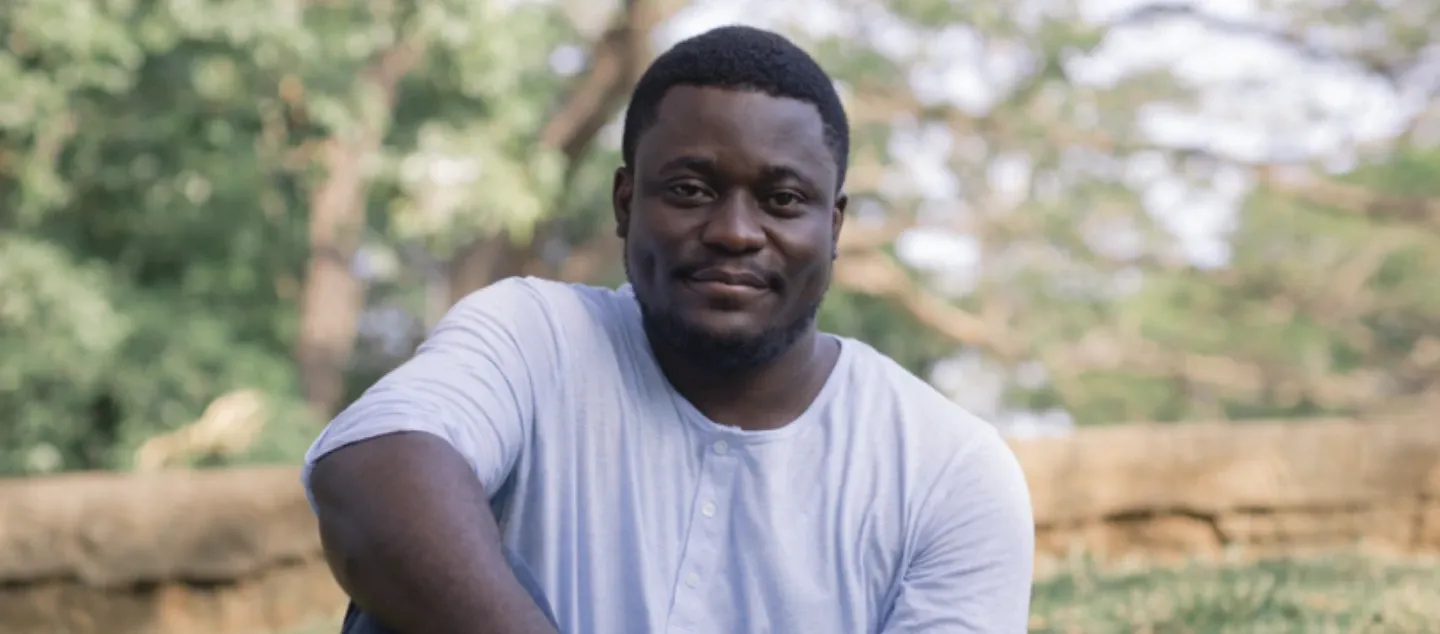
film
What do you do when there is no hope?
A strange invitation: the times are urgent, let us slow down. One particular telling of the story of climate chaos is that we are collectively beyond hope: we’ve gone over the tipping point, we’ve burst through the membranes, we’ve passed under the sign that hangs over Dante Alighieri’s hell (“abandon all hope all ye who enter here”). It’s red alert from here on out. The facilitated response to this bit of information has been to double down on efforts to sequester carbon, to beat governments and giant institutions into slowing down emissions, and to turn our attention to speculative carbon capture technologies that promise to fix the problem for us. These complicated ecologies of response come together to try to generate hope to counter the frightening deficit of hope. As a result, many of us are caught up in urgent practices that obscure the power that lies at the end of hope. Bayo uses stories of transatlantic crossings and the myth of libations to suggest why we’ve been here before, at sites of hopelessness, and that it is in the loss and grief and troubles that attend this place that new glimpses of power are known. With this he builds an account of what he calls ‘post-activism’ and ‘making sanctuary’ to offer a very different kind of invitation. Co-facilitated with Toni Spencer, who shares questions of deep ecology, resilience and ‘politics of wonder’.
